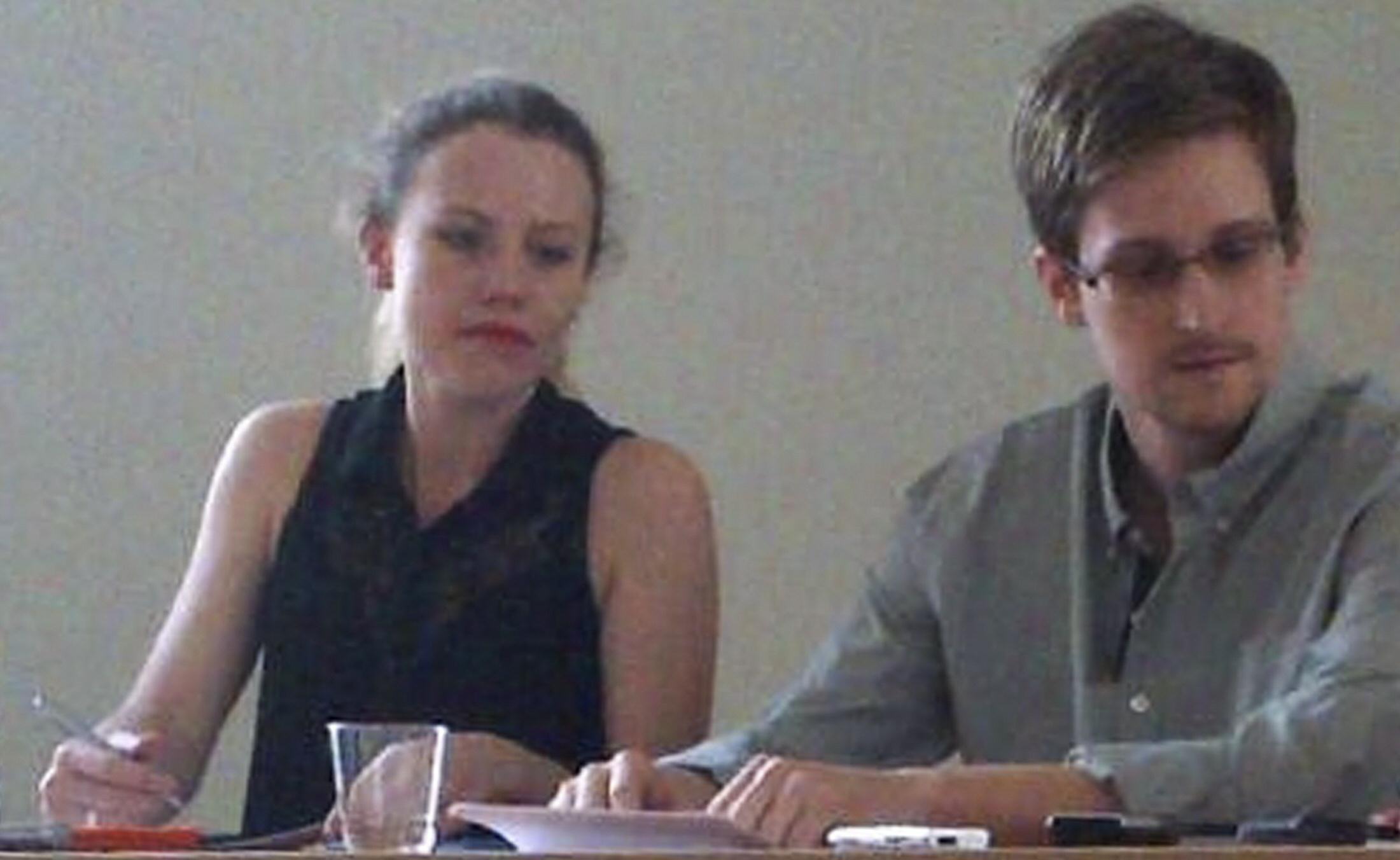
The secrecy rules for grand juries contain no exceptions for cases with historical importance. In an important victory for historians, however, a divided appeals court is unsealing testimony from a 1942 leak investigation after the Battle of Midway. The decision, which was opposed by the Obama administration, sheds some light on the debate about whether the leaks by former National Security Agency contractor Edward Snowden were justified by historic importance or were an inexcusable violation of national security.
It isn’t often that the facts of a contemporary legal case go back to World War II. But this one starts with the vulnerable US naval position in the Pacific Ocean after the success of Japan’s surprise attack on Pearl Harbor in December 1941. The Imperial Japanese Navy sought to finish off the Americans by luring their remaining carriers to the Pacific atoll of Midway. At the same time, the Japanese launched a naval assault on the Aleutian Islands, a maneuver long thought to have been intended as a feint.
Unbeknownst to Japan, US cryptographers had broken some Japanese naval codes even before the war. Intercepted signals gave the US the advantage in the battle. Four Japanese carriers were sunk, and the balance of naval power in the Pacific began to shift back to the US.
Then came the leak. On June 7, 1942, the Chicago Tribune reported that “Navy Had Word of Jap Plan to Strike at Sea; Knew Dutch Harbor Was a Feint.” The basis for the story was a classified naval communique leaked to reporter Stanley Johnston.
At a distance, it’s easy to speculate that the leak was intended to boost US public morale. The value of the broken codes would surely have been reduced to zero once the battle revealed to the Japanese that the Americans knew they were coming. Why not get some public-relations benefit out of the intelligence coup?
At the time, however, President Franklin D. Roosevelt and other senior military officials called for a criminal investigation. The Department of Justice convened a grand jury in Chicago, which called several witnesses but did not result in any charges.
Conceivably the leak investigation was never supposed to go anywhere and was itself a piece of useful theatre designed to scare the press. But the full story isn’t known because grand jury records are sealed. Historian Elliot Carlson, who has written about the US Navy’s cryptography and is studying the investigation, asked a court to unseal the records.
In a section titled “Secrecy,” Rule 6(e) of the Federal Rules of Criminal Procedure prohibits anyone from disclosing what happens in the grand jury room except witnesses.
Rule 6(e) has an exception for disclosure when “these rules provide otherwise.” Another section of the rule allows for limited exceptions for disclosure in the interests of justice in various proceedings.
Nothing in the rules says that a court may order grand jury records unsealed in the interests of scholarship. Nor does any provision expressly give courts discretion to unseal proceedings whenever it chooses.
Nonetheless, several appellate courts have held that a federal district court may in its discretion unseal grand jury records where the historical interest is high and the need for secrecy is minimal. On that basis, a federal district judge in Chicago ordered the leak investigation records opened.
Remarkably, the Department of Justice opposed the request, and appealed to the US Court of Appeals for the 7th Circuit. The department had a credible legal argument, namely that as written the rules don’t allow the disclosure. A dissenting judge on the 7th Circuit panel agreed with the government’s position.
Yet no court has formally bought the government’s position, and the government could easily have acquiesced in a limited historical disclosure rule. The government admitted that there was no ongoing secrecy value to the 1942 investigation.
It’s hard to escape the conclusion that the Justice Department under President Barack Obama was in part continuing its hard line against leakers. The Obama administration has prosecuted leakers under the Espionage Act more aggressively than other recent administrations.
In the background is Snowden’s extreme case. The administration has thus far not budged from its position that it would like to prosecute Snowden, and any change seems exceedingly unlikely given the intensity of feeling in the national security and intelligence communities.
The 7th Circuit’s majority opinion noted that when no indictments were issued in 1942, the Tribune and other newspapers hailed the outcome “as a victory for free speech.” The judges’ official rationale for upholding the district court’s ruling was that the lower court had an inherent supervisory authority over grand jury proceedings, even at the distance of almost 75 years.
The deeper lesson of the court’s ruling is that it’s absurd and undemocratic for secrecy to endure when there is no continuing reason to maintain it and the public interest supports disclosure.
Today, Snowden’s disclosures have entered the historical record. Courts have even relied on them.
That doesn’t mean Snowden should be pardoned for violating the law. We don’t want every person with access to classified information to be able to reveal national security secrets with impunity.
But it does mean that history will judge Snowden -- and the federal government -- on the basis of the democratic value of an informed public and an open government. That’s what the 7th Circuit did for the Midway leak investigation. And it’s a win for democracy and a free press. - Bloomberg View